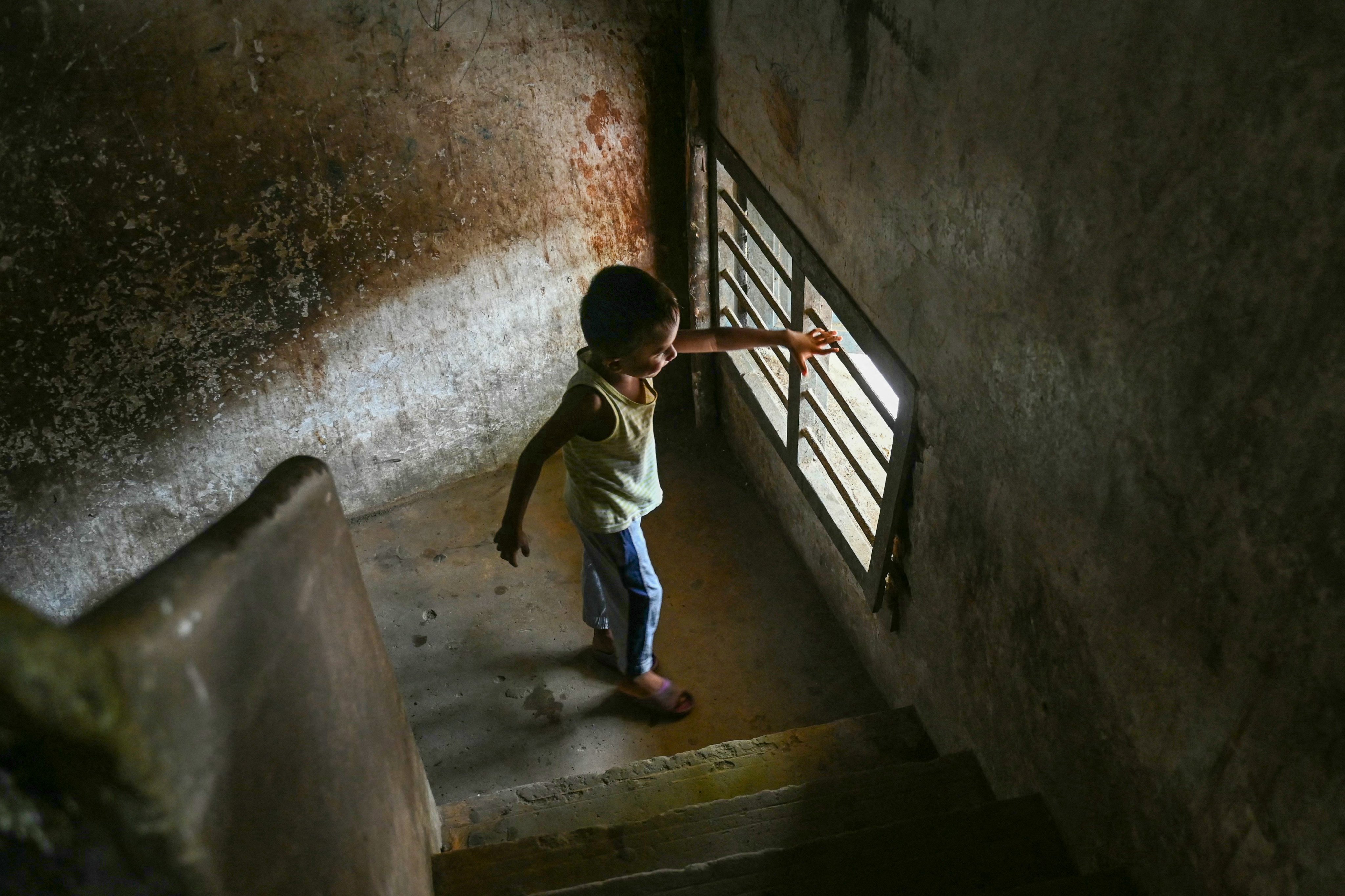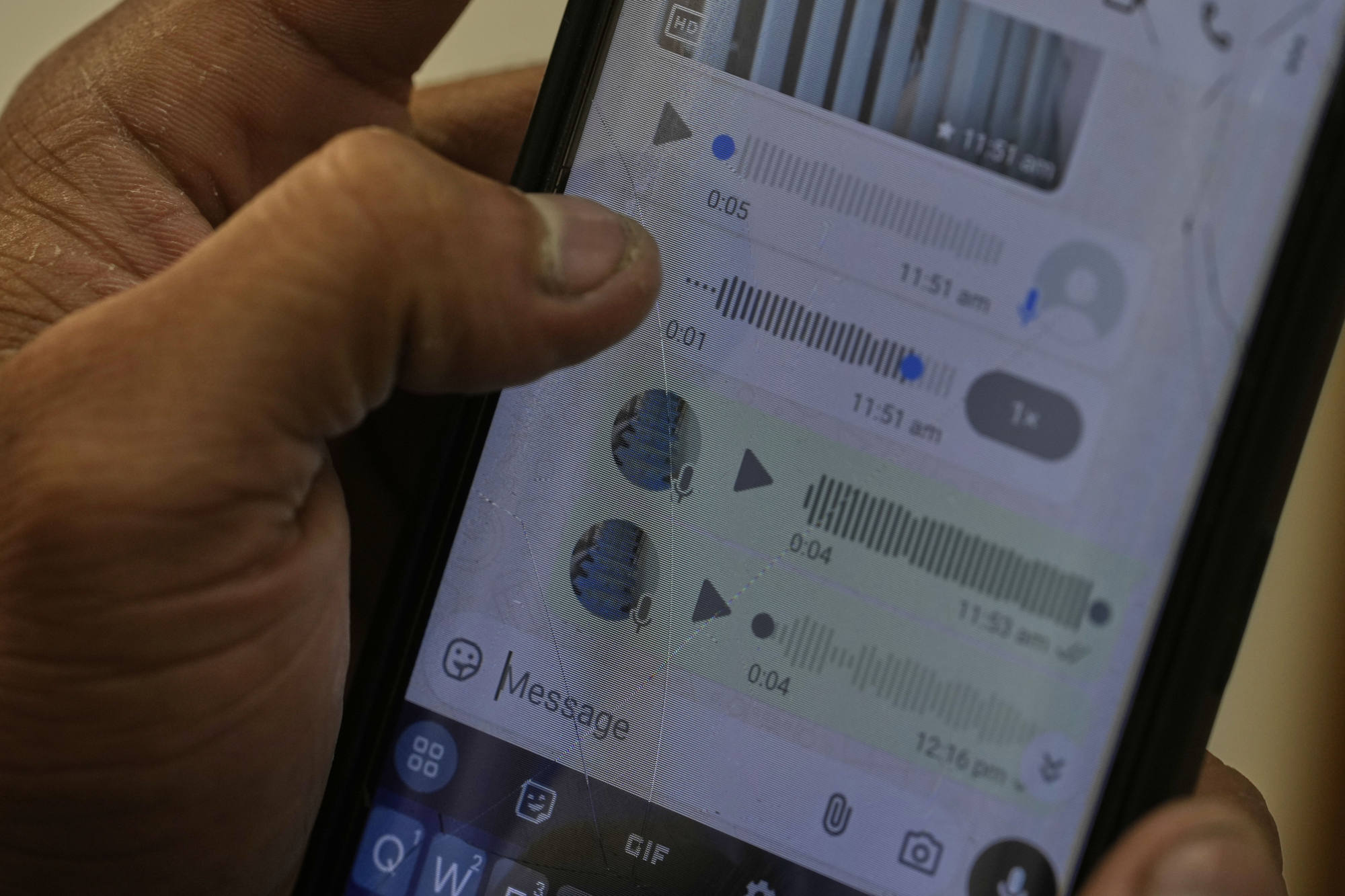India accused of forcing Rohingya refugees into sea near Myanmar
At least 40 refugees, including children and old folks, were given life jackets, then cast adrift near the India-Myanmar border, UNHCR says

Indian authorities allegedly forced dozens of Rohingya refugees off a naval vessel into the sea near Myanmar last week after providing them with life jackets, a United Nations agency, family members of the refugees and their lawyer said.
The UNHCR said in a statement on Thursday that at least 40 Rohingya refugees were detained in New Delhi and cast into the sea by the Indian navy near the maritime border with Myanmar.
The refugees – including children, women and older people – swam ashore, but their whereabouts in Myanmar remain unknown, the agency said.
Five Rohingya refugees on Friday confirmed that their family members were part of the group that were detained by Indian authorities on May 6. The group, including 15 Christians, were flown in an aircraft and later cast into the sea by Indian navy authorities on May 8, they said.
Dilawar Hussain, a lawyer representing the refugees, said the families had filed a petition in India’s top court, urging the Indian government to bring them back to New Delhi.
India’s navy and foreign ministry declined to comment.

In its statement, the rights office said it had appointed a UN expert to probe into what it called were “unconscionable, unacceptable acts”.
The UN agency urged the Indian government to refrain from “inhumane and life-threatening treatment of Rohingya refugees, including their repatriation into perilous conditions in Myanmar”.
Tom Andrews, UN Special Rapporteur on the situation of human rights in Myanmar, called the incident “blatant disregard for the lives and safety of those who require international protection” and “nothing short of outrageous”.
“Such cruel actions would be an affront to human decency and represent a serious violation of the principle of non-refoulment, a fundamental tenet of international law that prohibits states from returning individuals to a territory where they face threats to their lives or freedom,” Andrews said in the statement.
India does not have a national policy or a law to deal with refugees. It is also not party to the 1951 Refugee Convention or its 1967 Protocol.
Hundreds of thousands of Muslim Rohingya refugees have fled persecution in Myanmar after suffering oppression in Myanmar’s Rakhine state, where officials have been accused of genocide.
According to Refugees International, of the estimated 40,000 Rohingya refugees living in India at least 22,500 are registered with the UNHCR. Many of them live in squalid camps in various Indian states.
‘Taken and thrown’
One of those refugees, who chose to remain anonymous due to safety concerns, said his brother was among those returned. He said he received a call from his brother on May 8 after he managed to borrow a phone from a local fisherman after making landfall on an island in Myanmar.
He told him Indian authorities removed their restraints and blindfolds, gave them life jackets and told them swim to an island in Myanmar territory.
“My parents were taken from me and thrown into the waters,” said the man, whose two brothers, parents and a sister-in-law were part of the group, according to his brother. “It would be enough if I am reunited with my parents. I just want my parents, nothing else.”
Thet Swe, a spokesman for Myanmar’s military-led government, did not immediately respond to an email asking for comment.
The refugee in India said most of those returned were registered with the UNHCR in India and were detained by Indian authorities under the pretext of collecting their biometric data.
He also shared pictures of his brother while he was detained by Indian authorities and taken in a police vehicle.
In a recording of another phone call made by a refugee to his brother in Delhi, the caller is heard saying some people from the group were beaten by Indian navy authorities.
It was not possible to independently verify these claims.
In recent years, Rohingya refugees have faced persecution and attacks from India’s Hindu nationalist groups, who have demanded their expulsion from the country.
Many of them have also been held in various detention centres across India and are viewed as illegal immigrants. Some have been deported to neighbouring Bangladesh and Myanmar.
Last year, Prime Minister Narendra Modi’s government implemented a controversial citizenship law that critics say discriminates against Muslim migrants, including Rohingyas.